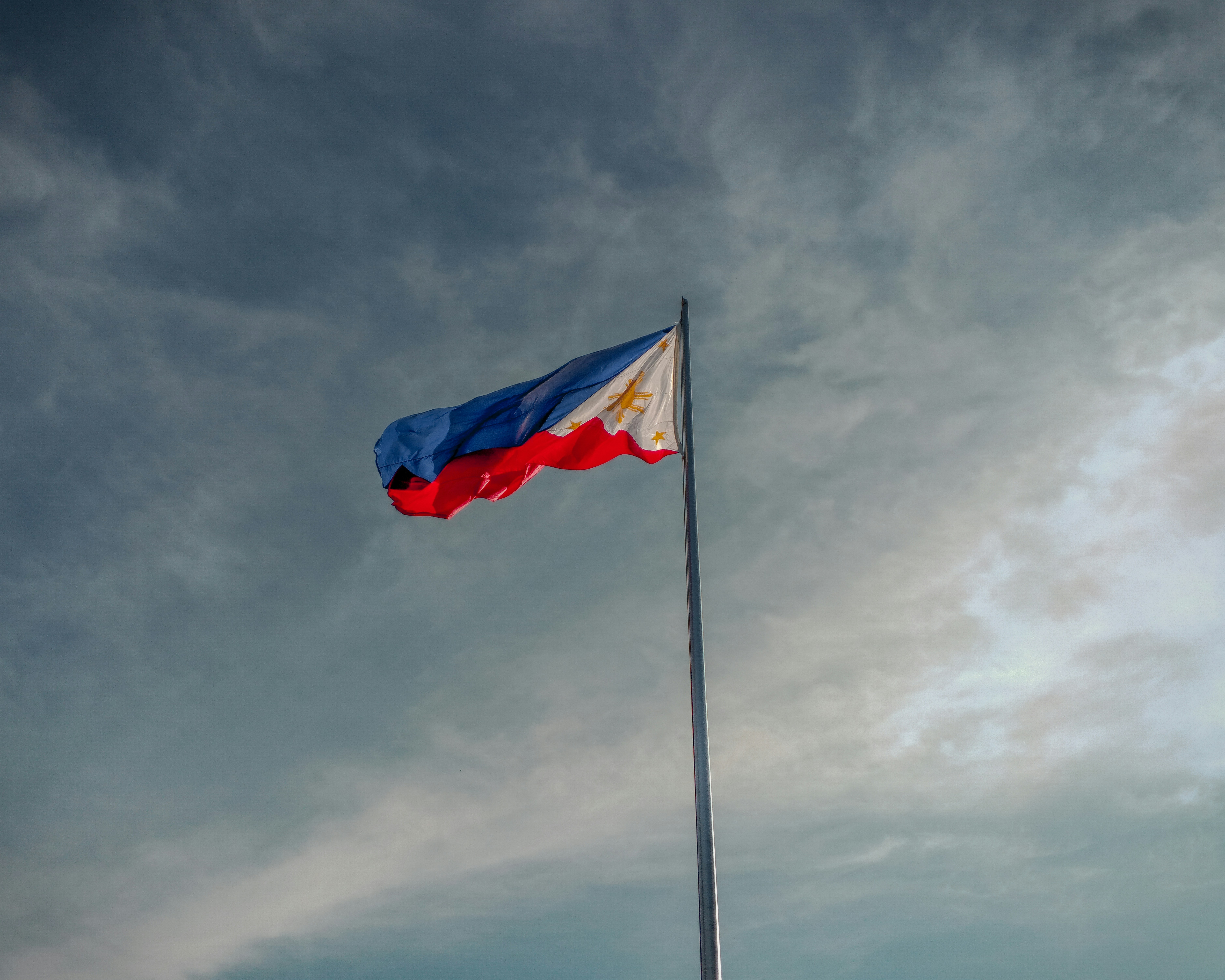




Philippine politics often feels like a never-ending teleserye. There are the heroes (or those who pretend to be), the villains (and there are many), and plot twists that leave us shaking our heads in disbelief. We joke about it over cups of coffee, argue passionately on social media, and exchange cynical remarks during jeepney rides.
But beneath the noise, the memes, and the drama lies a sobering truth: elections shape our future. And the upcoming 2025 Philippine elections might just be the most consequential in recent memory.
Why? Because the Philippines stands at a crossroads. The decisions made in 2025 will determine whether we continue down the same worn-out path of broken promises and systemic failures—or finally take a turn toward real progress.
This isn’t just about choosing new leaders. It’s about deciding what kind of country we want to live in.
For decades, Philippine politics has followed a familiar script:
The same political dynasties dominate elections, treating public office like a family business.
The same empty promises—"I will fight corruption," "I will reduce poverty," "I will improve healthcare"—are recycled every campaign season.
The same disillusionment sets in when, year after year, little actually changes.
Some blame the system—the way political clans consolidate power, the influence of money in elections, and the weaknesses in our institutions. Others point to voters—the tendency to prioritize popularity over competence, or the willingness to trade votes for short-term favors.
The truth is, it’s both. The system enables bad leaders to thrive, but voters also play a role by rewarding them with power.
Despite the fatigue, there are signs of change. New faces—reformist mayors, young activists turned public servants, and ordinary citizens stepping up—are challenging the status quo. The question is: Will voters give them a real chance in 2025?
This isn’t just another election. The winners in 2025 will shape policies that affect every Filipino for years—maybe even decades—to come. Here’s what’s on the line:
Public schools remain underfunded, with teachers often spending their own salaries on classroom supplies.
Millions of students still lack access to quality education, trapping them in cycles of poverty.
2025 will decide: Will we finally invest in education, or let another generation fall behind?
Hospitals are overcrowded, understaffed, and underfunded—especially outside major cities.
Millions of Filipinos still can’t afford basic medical care.
2025 will decide: Will healthcare remain a privilege for the rich, or become a right for all?
Despite economic growth, wages remain stagnant, and job security is rare.
Over 2 million OFWs work abroad because local jobs don’t pay enough to survive.
2025 will decide: Will we create real opportunities here, or keep losing our best workers to other countries?
Deforestation, pollution, and climate change are making natural disasters worse.
Yet mining and logging interests still influence policy.
2025 will decide: Will we protect our land, or keep sacrificing it for short-term profit?
Billions in public funds disappear every year, yet few are held accountable.
Vote-buying and patronage politics remain rampant.
2025 will decide: Will we keep tolerating corruption, or finally demand transparency?
We’ve all heard the phrase "boto mo, buhay mo" (your vote is your life). But what does it really mean?
If you’ve ever complained about traffic, corruption, or low wages, voting is your chance to do something about it.
Politicians only listen to what gets them re-elected. If we reward bad behavior, we’ll keep getting it.
When good voters stay home, bad politicians win by default.
Every skipped vote is a missed opportunity for change.
Look at cities like Valenzuela or Naga, where competent leadership transformed public services.
Imagine if we had more leaders like that nationwide.
Voting wisely isn’t just about showing up on election day. It’s about making an informed choice. Here’s how:
Don’t rely on campaign ads. Dig into candidates’ track records.
Have they delivered real results, or just empty promises?
A catchy jingle or viral TikTok dance doesn’t mean a candidate will govern well.
Focus on their platform, not their popularity.
Just because a candidate has a famous last name doesn’t mean they deserve your vote.
Vote for competence, not legacy.
That ₱500 handout might help today, but it costs you six years of bad governance.
Your future is worth more than a free t-shirt.
Talk to family and friends about the issues.
Share reliable information online.
For Filipinos abroad, voting isn’t just a right—it’s a responsibility. Here’s why:
Your family back home depends on good leadership.
Your remittances keep the economy afloat—you deserve a say in how it’s run.
You’ve seen better governance abroad—vote for those standards here.
1.8 million OFW voters could swing the election.
Don’t sit this out. Register. Research. Vote through your embassy.
Politicians often act like they’re doing us a favor by running for office. But in a democracy, they work for us.
The 2025 elections aren’t just about who wins or loses. They’re about what kind of Philippines we want to live in.
Will we settle for the same old politics? Or will we finally demand better?
The choice is ours. And it starts with one vote.
Please log in to leave a comment.
No comments yet. Be the first to comment!